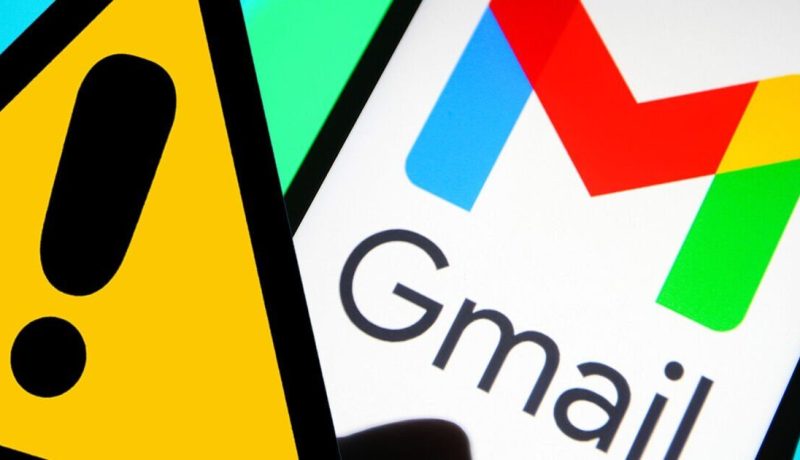
All UK Gmail users placed on alert and urged to learn one important email address
A UK-wide anti-fraud agency is warning Brits to be vigilant when it comes to suspicious emails. If you get your daily email dose via Gmail, Outlook, Yahoo or any other popular email service, then you are at risk of becoming a victim of fraud.
Action Fraud, the UK’s national fraud reporting centre, is reminding all email users about the risks of phishing, where cyber criminals use email (or text messages and phone calls) to trick people into handing over sensitive information or payment details, or to unknowingly download a harmful virus onto their computer.
“As of May 2025, over 42 million suspicious emails have been reported to the Suspicious Email Reporting Service, resulting in the removal of 400,000 scam websites by the National Cyber Security Centre,” Action Fraud said.
These staggering 42 million emails were tracked since the launch of the National Cyber Security Centre (NCSC) Suspicious Email Reporting Service (SERS), which allows you to report dodgy looking emails.
If you are at all suspicious of an email you’ve received, you can forward it to report@phishing.gov.uk.
It’s all part of a wider awareness campaign run by Action Fraud to curb the number of phishing victims.
“We know it can be difficult to spot fake messages or tell if a call is genuine,” said Superintendent Amanda Wolf, Head of the National Fraud Intelligence Bureau at the City of London Police.
“Criminals can change tactics fast and use the technology available to constantly create genuine looking emails and messages or facilitate calls that feel authentic – all designed to trick us and try and steal personal and financial information.
“Every phishing email reported helps us gain a better understanding of the tactics being used and enables us to tackle it head on by identifying malicious URLs trending in phishing emails and texts – they can be taken down and disrupted, preventing further activity. The more reports received, the more people we can protect, preventing them from becoming victims.”
Phishing emails will often look too good to be true, with an offer for something for free or valuable. They can also mimic the look of popular websites such as Amazon or national banks, in an attempt to trick you into entering your information.
They can often create a sense of urgency, so it’s best to stop and consider if the email is genuine or not.
Despite the scary numbers involved with millions of these emails circulating, the NCSC sees the level of reporting as optimistic.
“Since 2020, over 41 million phishing attempts have been reported to the Suspicious Email Reporting Service — a powerful sign that the public is staying alert to online threats, helping to protect themselves and others,” said Sarah Lyons, NCSC Deputy Director for Economy and Society Resilience.
“But cyber criminals aren’t giving up – they’re constantly finding new ways to trick people into clicking malicious links, sharing personal information, or handing over money.
“That’s why it’s more important than ever to stay alert. You’ll find clear, practical advice on how to spot and report scams – and how to stay secure online – on the NCSC website.”
Action Fraud also published quick tips on what to do if you receive a suspicious email:
- break the contact – don’t reply, click on any links, call any phone numbers or make any payments
- check if it’s genuine: contact the organisation directly using an email address or phone number you know is correct, e.g. from your utility bills, via a search engine, on the back of your card or by calling 159 for banks
- before you delete the email, forward it to report@phishing.gov.uk





No Comment! Be the first one.